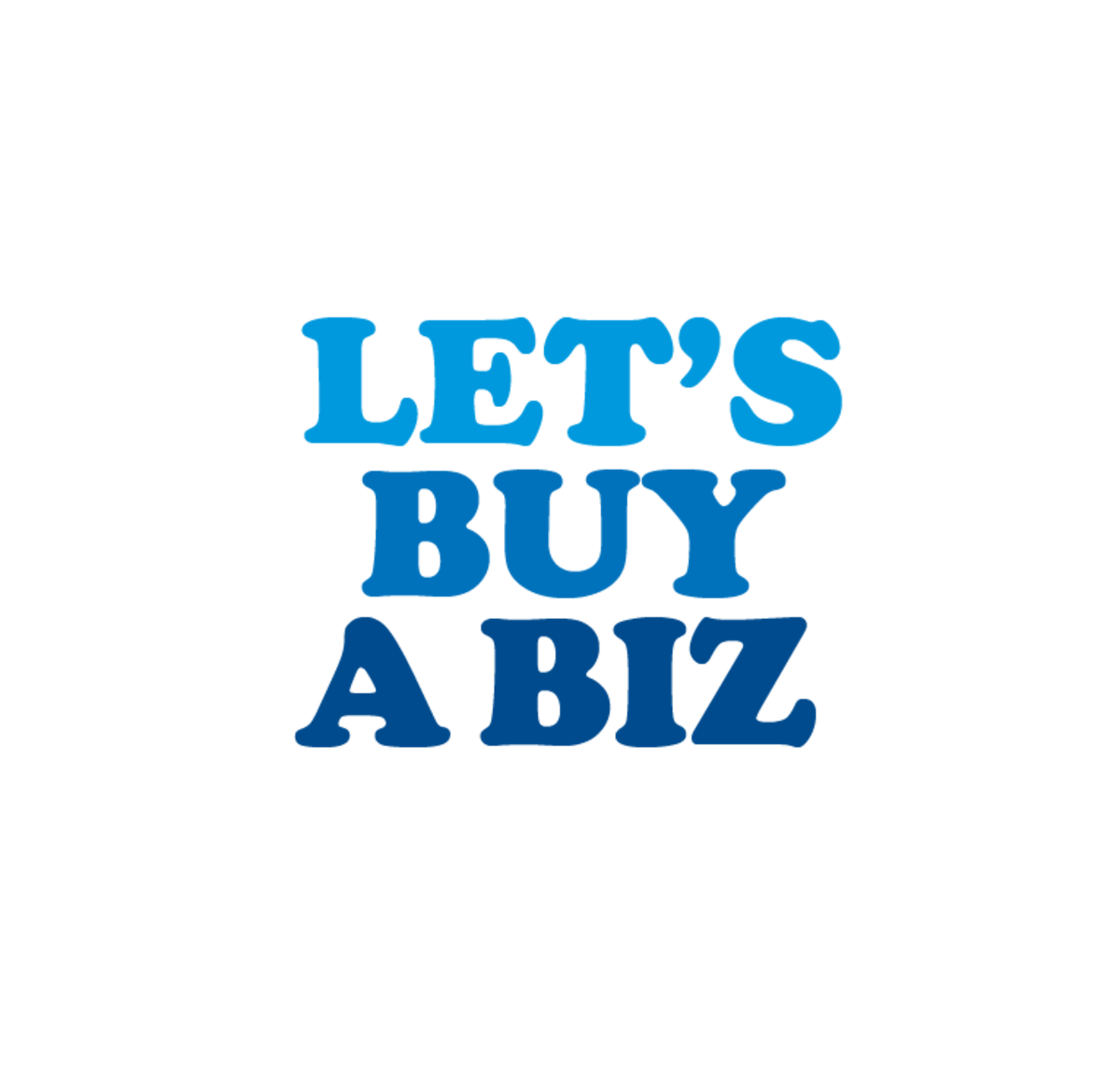TLDR:
How the best NYC BBQ is playing the long game.
Diving into Olaplex’s 35% Net Income Margins.
Hometown’s Long game
Yesterday for my friends birthday we went to celebrate at Hometown barbecue which is hands down the best bbq in NYC. It’s traditional Texas style bbq with crazy fusion options (Char Siu Ribs, Jerk Rib Tips, Oaxacan Chicken) that always has a line out the door.
It’s also in an impossible place to get to in NYC, Red Hook Brooklyn, which doesn’t have a subway stop within 20 minute walk of the restaurant. Observing as a loving customer for the past 7 years what’s most interesting to me is how they haven’t expanded in the bbq craze that swept NYC.
So many other restaurants that were the top of the list (Mighty Quinns, Dinosaur’s, etc) all expanded opening multiple locations across the city and internationally. And as a result their quality has gone down and the bbq-heads don’t go there any more.
It’s a really interesting trend in consumer businesses we see all the time. Early highly talented innovators create the tidal wave in the market. Everyone tackles the market a different way and some people play the quick scale game while others play the low and slow build game.
It’s really all about goals and patience. But the lesson always comes back to game changing consumer brands take decades to properly develop.
I want to make sure everyone got the Let’s Buy a Biz! Tracker to see the key reporting behind all the businesses we’ve been analyzing.
Now updated with 22 Public companies.
Now to this week’s brand. Olaplex.
We all need a little Olaplex in our Diet.
Olaplex is the least talked about, most interesting Shopify brand you probably didn’t know existed. Selling Science-backed Haircare this DTC wunderkind is the most unique business I’ve looked at this year. They operate at 35% Net Income Margins @ $700m+ Topline!!! 🤯
Trading at $3.55/share with a $2.3B market cap it got hit hard by the current pullback and is down -85% since it’s Oct ‘22 IPO. That being said I’d love to buy this biz. It’s probably out of reach. Trading at a reasonable 11 P/E ration the $2B valuation is going to be too big to take down.
But to be honest we’ve got to take a look into this one. I don’t even have feedback. Mostly I’m taking notes, and personally considering taking a position. Disclaimer: I did decide to buy Olaplex’s stock after running this analysis, but this shouldn’t be taken as financial, tax or legal advice. And I was never here.
Here’s 3 reasons you need to keep Olaplex on your #goals list.
The Financial breakdown
The 2022 Key Financials:
- Sales: $704m (+18% YoY) 👍
- Gross Margins: 74% (-7% YoY) 😍
- Gross Profits: $519m (+10% YoY) 👍
- SG&A: $113m (+15% YoY) 👍
- Net Income: $244m (+11% YoY) 🤤
- EPS: $0.34 (+6% YoY) 👍
The Financial TLDR:
This is a truly unique business. Every time I take a look at their numbers. Then compare it to the other 21 Brands I’ve analyzed this year.
I can not get over 3 stats:
Net Income at 35%!!!
Gross Margins at 74%!
SG&A is 16% of Revenue!!
I can’t begin to tell you how rare Net Income at 35% was last year. Putting $35 out of every $100 they make from their business into their pocket is heads and shoulders above everyone else we’ve looked at.
If anyone here has 35%+ Net Income on a business doing more than $2m/yr topline, I’ll take you out the to the fanciest dinner in your town, because I’ve got to know what you’re doing.
When I talk about pushing margins up and costs down this is the ideal state.
74% of Revenue hitting the P&L after COGS leaves SOOO much cash to run the business. And despite all that margin room they’re only spending 16% of it on SG&A. The Operational discipline is truly commendable.
This business almost looks like a SaaS business. And is throwing off cash like 1.
Hands down. This is the strongest financial eCom biz I’ve analyzed this year.
Here’s are 3 Takeaways to steal from Olaplex:
1) Master the symphony of Omni-channel sales
Olaplex is living their best omni-channel life. They have 3 strong pillars their sales are built on:
Professional: $300m (43% of Rev)
Specialty Retail: $235m (33% of Rev)
DTC: $168m (24% of Rev)
Now that’s what I call a healthy channel mix.
No single channel > 50% of the biz.
76% of the biz comes from Retail
DTC builds the brand. Profitably
This exact breakdown is perfect for every brand, but the overall structure is great. The company isn’t overly reliant on any one channel, or has a negligent channel draining resources from the ones driving performance.
This mix also makes sense considering Olaplex’s history. The company started as a product that only Haircare professionals could legally apply. Consumers couldn’t even buy it since it required FDA approval for use.
Their original core product offering is still sold only to Professionals ($300m channel) above.Stylist-Evangelists buy their product to use in salons on end consumers. Leveraging an army of Stylists is brilliant. It’s just on this side of an MLM, but the benefits are massive.
This has a dual benefit. Olaplex gets the scale the local distribution of mass retail, without having to make the investment. It’s also a major acquisition channel for the company. Every time a customer uses the product in a salon treatment Olaplex already got paid to then go acquire a consumer in Retail/DTC.
It also creates natural channel diversity. The product mix is unique to each channel so customers have a reason to go to each for different products and experiences all featured around the same problem.
Takeaway: Omni-channel doesn’t mean just DTC/Amazon/ Big Box Retail.
2) Consumable products for Never-ending problems.

All is fair in love and war, but some businesses are just better models than others. Olaplex’s is one of them. Science backed haircare to restore hair damage is such a brilliant move.
Playing into the “above the neck” Skincare premium, customers are always going to have hair damage. And women (their main consumer) spend more time and money styling their hair which causes damage. Requiring them to use Olaplex. It’s an incredibly valuable behavioral cycle where Olaplex can sit right in the middle of it and monetize for a long time.
The buying triggers are incredible for this business. These are all listed on their website:
Environment
Styling
Aging
Hot tools
Chemicals.
So basically everything, anything, and how almost every women gets their hair done. This reminds me so much of an anti-hair loss business where the market is never ending. Consumers will continue to face this problem and there’s no real cure. Perfect for a consumable product.
Olaplex will make boatloads in the repeat customer cycles. They have a never ending stream of demand. A product customers will use over and over again. And really healthy margins.
Takeaway: Cash Cow Model = Consummables for Recurring problems.
3) Grow Through Other’s Resources
Olaplex’s Revenue per employee is $2.7m. That’s realllllllly good.

$/Employee isn’t an end-all-be-all metric. But it is helpful to understand how efficient businesses are across types. There are a lot of unique elements to each business in this game. Understanding how much sales each person can generate gives a sense of performance. But the qualifiers don’t really matter. That’s almost too good to be true.
So How are they so efficient?
Hyper-scalers find creative ways to convince non-employees to work for them. Olaplex has a Brand ambassador network selling on their behalf. Aka Professional stylists who are their largest customers and re-sellers of their product. Back to Point #1 ☝️.
Airbnb convinced anyone to rent out their home. Avoiding massive CAPEX to build hotels.
Tupperware convinced women to throw Tupperware parties replacing the need for a salesforce.
Apple convinced app developers to build features for iPhones to offload massive dev investments.
Olaplex has convinced Stylists the product is an essential tool for them to be successful. They’ve built out a mobile app and full site experience specifically for Hairstylists. They message, brand, and sell their product all around this core audience. Then echo that message to consumers in their marketing.
The step here that most brands miss is that they make a concerted investment in this group. Too many brands are running refer a friend and brand ambassador program that is just pump sales through content and referral codes.
Some might call this a community, Ambassadors, word of mouth. At the end of the day it’s turning your fans into sellers, but take a deeper look. Who in your customer base is using your product to power their business/project/something they’re working on.
For example at LuMee, we were part of the Influencer tool kit. A major part of our brand and messaging was around the tools you need to be successful. It was a massive growth engine for us propelling by Kim Kardashian, but we also missed a huge potentially more valuable segment.
Beauty and Hair stylists. Back in the Mid-2010s collecting photo and video reviews became significantly more important on platforms like Google and Yelp.
We missed the boat on selling our products to these audiences to have professionals use it to promote their business and give end customers an IRL experience moment with our products during their glow up moments. Which was our major value prop.
It won’t apply to every business, but if you can identify that core evangelist network for you. It’s a compelling way to get to $700m with just 263 employees.
Takeaway: Turn your Customers into sellers to scale with less overhead.
Final Thoughts
This is one of those ideal businesses. A major technological innovation born from years of professional experience and research, paired with a deep network to push the product. If you there was an immigrant founder, this is the quintessential American Entrepreneurial story.
The way this business is run should make you think creatively about your business. Who are the professionals who use your products? Who could be your resellers? It obviously won’t work for everyone, but if it’s possible there’s so much potential here.
Also can I just say their site experience makes my heart sing.
The Home Page with different CTA for different user journeys.
The Streamlined Menu by key buying path.
The GWP and upsell option when adding to cart.
Whoever did their site work. You got a new fan.
🧠 The Takeaways
Olaplex is scaling with rare financials because of its army of Haircare stylists, building the brand for them.
Master one channel to scale. Diversify at scale to healthy channel mix to build a steady stable business.
Repeatable products in never ending customer problems is an opportunity worth seizing.
Leverage other’s resources to grow faster with less overhead.
👷 What can you do about this?
Where can you offload your sales efforts? Do you have a community? Resellers help you grow faster.
Can someone use your product as a part of their job.
Get Gross Margins up and SG&A down. March to 35% Net Income as much as you can.
The best ideas in business are usually approaching the same problems with a different approach.
Aspiring Acquirer
P.S. If you’d like to learn more check out some of our other resources:
Have a brand looking to partner/exit? Send them my way!
In the next 18 mos. I’m looking to acquire an eCommerce business doing $1m - $10m in EBITDA.
If you're looking for daily insights like this follow me on Linkedin 🧠
Interested in know what the Top 100 apps used by Shopify Plus Brands? Shop News and Reviews 🤯
If you have any feedback always send it through. 🤔 Hit Reply and send me your thoughts. These emails go directly to my inbox.

